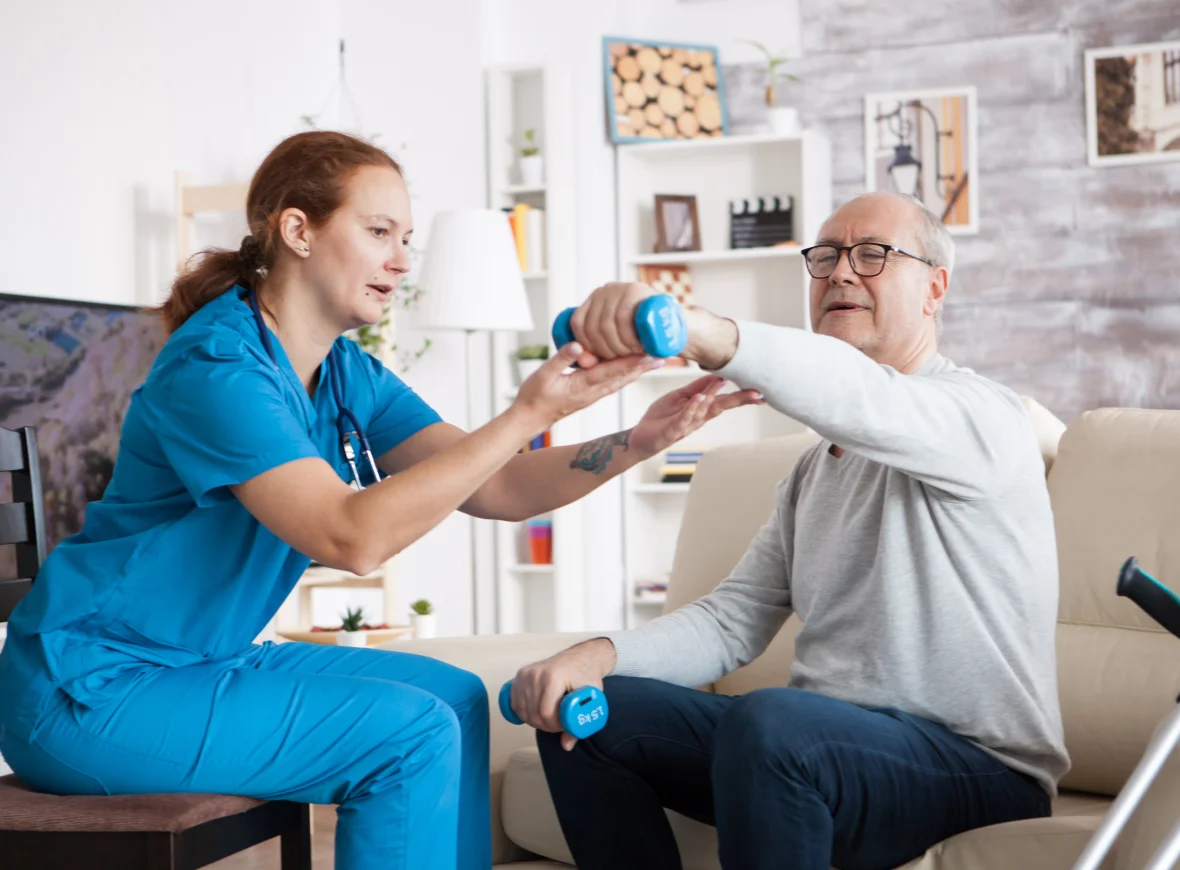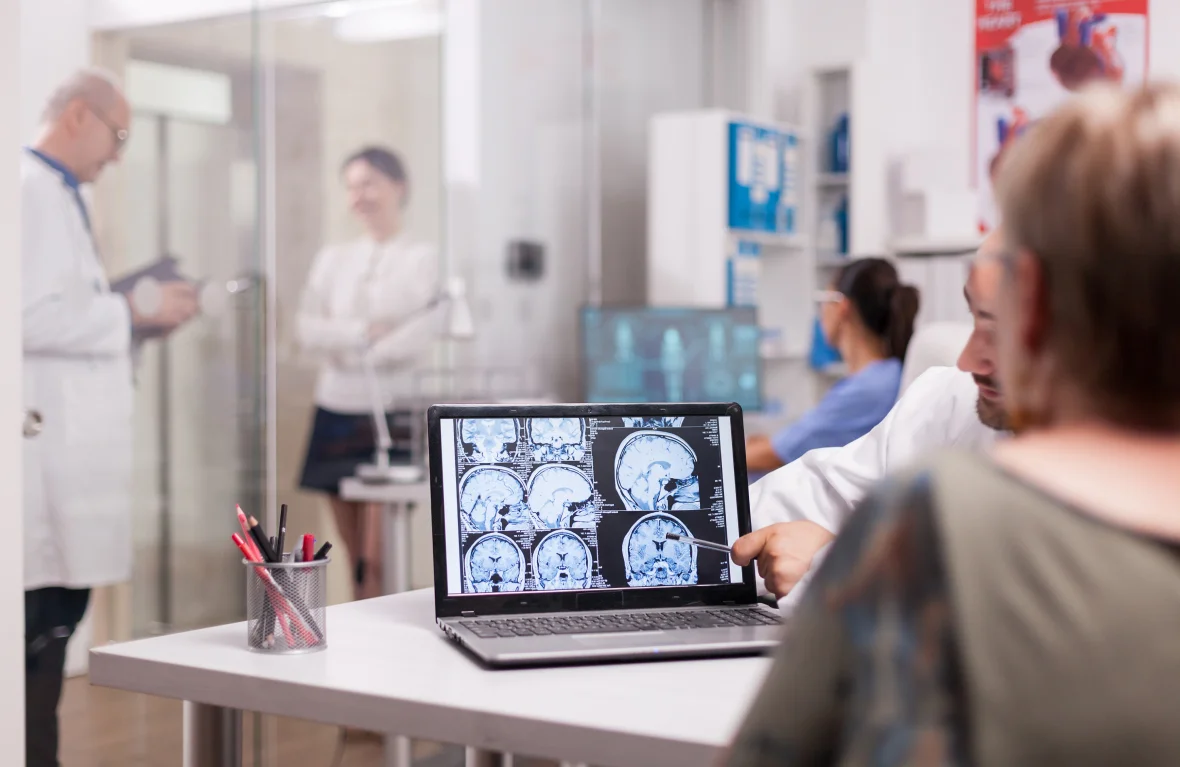IntroductionRecovering from a brain injury, whether it’s an acquired brain injury (ABI) or a traumatic brain injury (TBI), is a challenging process that requires dedication and specialized care. Post-acute rehabilitation is a vital component of this recovery journey, helping patients transition from initial medical treatment to regaining independence and functionality. For both ABI and TBI …
Introduction
Recovering from a brain injury, whether it’s an acquired brain injury (ABI) or a traumatic brain injury (TBI), is a challenging process that requires dedication and specialized care. Post-acute rehabilitation is a vital component of this recovery journey, helping patients transition from initial medical treatment to regaining independence and functionality. For both ABI and TBI patients, post-acute rehabilitation provides the therapeutic framework necessary to rebuild essential life skills.
Key Aspects of Post-Acute Rehabilitation
- Therapies and Interventions
Post-acute rehabilitation includes a range of therapies, such as physical, occupational, and cognitive therapy, tailored to meet each patient’s unique needs. Physical therapy helps patients regain mobility and strength, occupational therapy aids in relearning daily tasks, and cognitive therapy focuses on improving memory, attention, and problem-solving skills. Specialized rehabilitation experts work with patients to create individualized plans that address specific challenges, ensuring that each session contributes meaningfully to the patient’s progress. - Family-Centered ABI Solutions
Family involvement is crucial in post-acute rehabilitation, as loved ones provide emotional support and encouragement. Open communication between families and the care team ensures that family members understand the patient’s needs and progress. Family-centered ABI solutions empower loved ones to play an active role in the recovery journey, enhancing the patient’s motivation and sense of belonging. Supportive family members can help reinforce therapeutic goals at home, making rehabilitation efforts more effective. - Life-Long Brain Injury Support
Some brain injury patients require ongoing support even after post-acute rehabilitation. Life-long brain injury support involves continuous care options, including regular case management and periodic evaluations to ensure that each patient’s needs are met. Case managers track progress and adapt care plans over time, helping patients maintain their independence and functionality. This long-term approach supports sustained recovery, providing a foundation for stable, productive lives.
Benefits of Post-Acute Rehabilitation for ABI and TBI Patients
Post-acute rehabilitation offers structured recovery paths that help ABI and TBI patients regain essential skills, improve mobility, and develop effective coping mechanisms. By engaging in personalized therapies, patients can overcome physical and cognitive limitations, enhancing their quality of life. Real-life examples and case studies of patients who have benefited from post-acute rehabilitation demonstrate the transformative power of comprehensive, patient-centered care.
Conclusion
Post-acute rehabilitation has a lasting impact on the lives of brain injury patients, enabling them to regain independence and engage fully in their daily lives. For families seeking recovery solutions, post-acute rehabilitation provides a compassionate, structured approach to supporting ABI and TBI patients. Comprehensive care options that focus on personalized rehabilitation goals are invaluable for long-term progress and quality of life.




